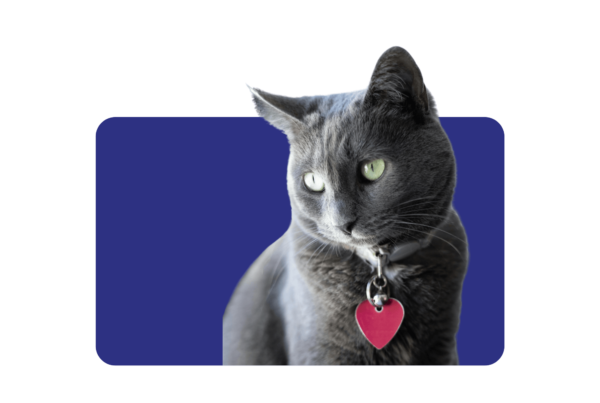Heart disease is a common but often overlooked condition in pets. Early detection is crucial for managing the disease and improving your pet’s quality of life. Here are some key symptoms to watch for in dogs and cats:
Symptoms in Dogs:
- Coughing: A persistent, dry cough can indicate heart disease, especially in small breeds.
- Difficulty Breathing: Laboured breathing or shortness of breath, even at rest.
- Exercise Intolerance: If your dog tires quickly during walks or playtime, it may be a sign of heart issues.
- Increased breathing rate: If you notice that your dog is panting more when at rest or just seems to be breathing fast than before or with more effort, this can be a warning sign of an underlying heart condition.
- Fainting or Weakness: A lack of oxygen due to poor circulation can cause collapse.
- Swollen Abdomen: Fluid buildup (ascites) can cause bloating and discomfort.
- Weight Loss or Loss of Appetite: Chronic heart disease can lead to muscle wasting and reduced appetite.
Symptoms in Cats:
Cats often hide their symptoms well, making early detection challenging. Be alert for:
- Rapid Breathing or Open-Mouth Breathing: Unlike dogs, cats do not pant often, so this is a red flag.
- Lethargy and Weakness: A cat with heart disease may become less active and seek more rest.
- Hind Limb Paralysis: A sign of a serious complication called aortic thromboembolism.
- Sudden Collapse or Death: Some forms of feline heart disease progress silently until a sudden, severe event.
When to See Your Vet:
If you notice any of these signs in your pet, schedule a veterinary visit as soon as possible. Early diagnosis and treatment can significantly improve their prognosis and quality of life. Annual wellness checks are essential to detect changes in your pet’s heart early. By detecting heart problems early and instituting the correct treatment at the appropriate time you can prevent heart failure and ensure a long and happy life.





